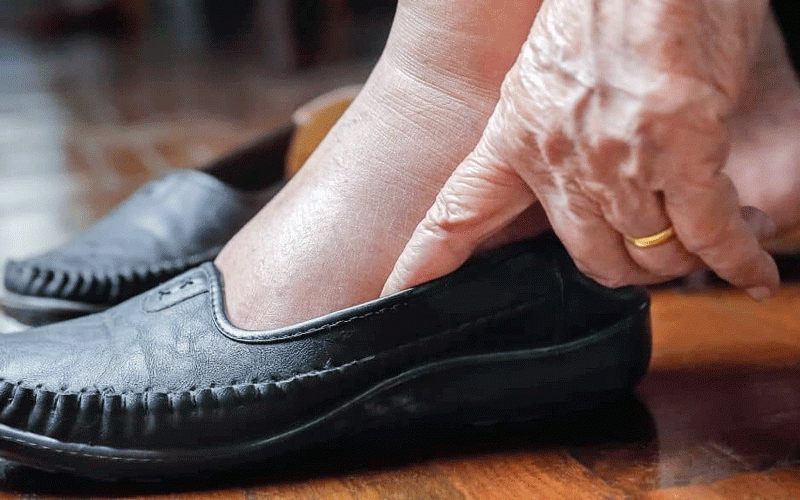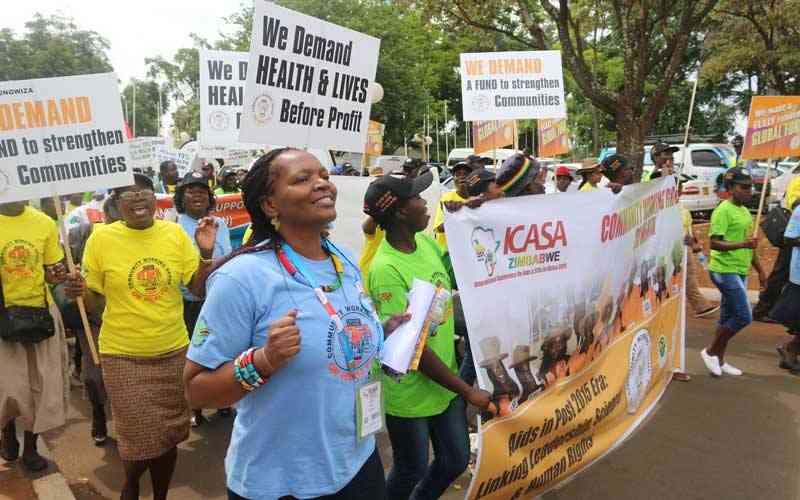
The two cities are not considered to be malaria transmission zones. Malaria is Zimbabwe’s second biggest killer disease after Aids.
Joseph Mberikunashe, the malaria programme manager in the Ministry of Health and Child Welfare said government was looking for partners to carry out the survey, which he said would be expensive.
“It is an expensive process, more expensive than the census,” he said.
“We will need to dispatch teams to various parts of the country so that they can catch mosquitoes and take them for examination in laboratories where it will be assessed whether they have the malaria parasites or not.
“That way, we will be able to assess whether we need to reclassify some areas or not as it has been long since we carried out such a survey.”
The last survey was done in 2002 and Mberikunashe said regular surveys were required to keep pace with changes brought by climate change.
There were reports that some people had tested positive for malaria in Harare and Bulawayo without having left the cities.
Another report claimed the cases had sparked debate on whether the cities must be reclassified as risk areas.
- Chamisa under fire over US$120K donation
- Mavhunga puts DeMbare into Chibuku quarterfinals
- Pension funds bet on Cabora Bassa oilfields
- Councils defy govt fire tender directive
Keep Reading
“I am not aware of the debate,” Mberikunashe said. “But yes, the status of those cities is a contentious issue in a way given that we have not carried out a survey in years.
“Our last study concluded that there was no local transmission in those cities meaning if you remain in them, you cannot get the parasite as their climate is not favourable to the female anopheles mosquito which carries it, but we need to constantly revise or repeat these studies.”
He said most cases treated in the two cities in the past involved people who would have travelled to malaria prone areas.
Government hopes to be able to conduct the next survey next year but a lot depends on the availability of funds.
No new trends recorded in Harare, says Gwindi
City of Harare spokesperson Lesley Gwindi said malaria cases had always been recorded but there were no new trends to cause panic.
“If we say the city is malaria-free, we are not saying there is no malaria at all,” Gwindi said.
“The only thing that can lead to a debate is an upsurge in those cases and I am not aware of any. I receive reports from across the city everyday and none indicates any upsurge in malaria cases.”
Malaria can kill a person within 48 hours of onset of symptoms if not treated immediately.
Victoria Falls, Hwange, Binga Beitbridge, Kariba, Mudzi and parts of Manicaland are among areas which the health ministry has said are most vulnerable, with some of them recording up to 365 deaths in 2009.











